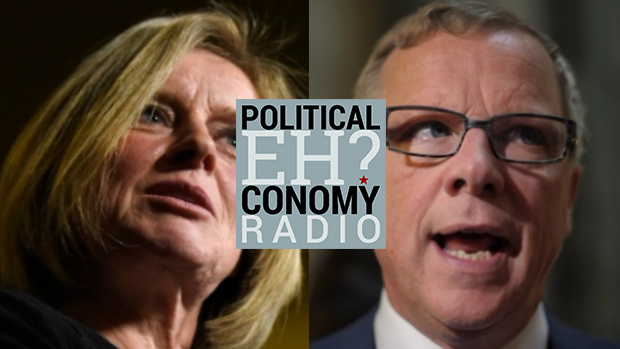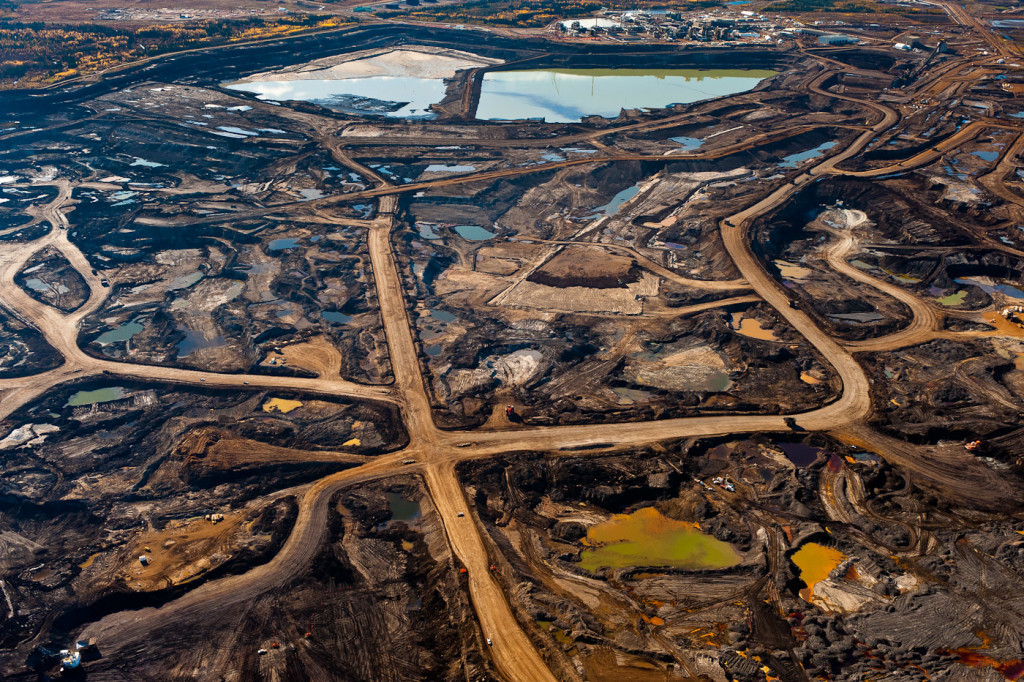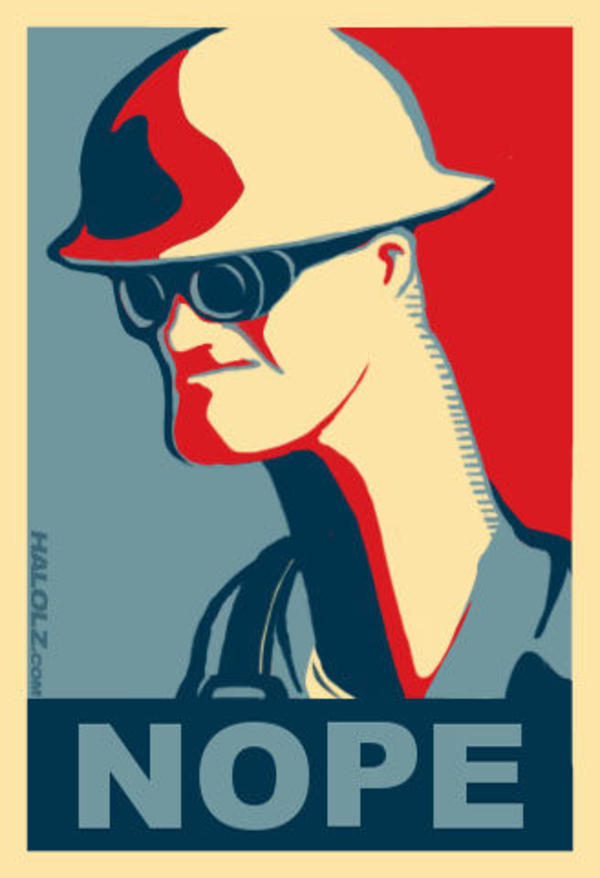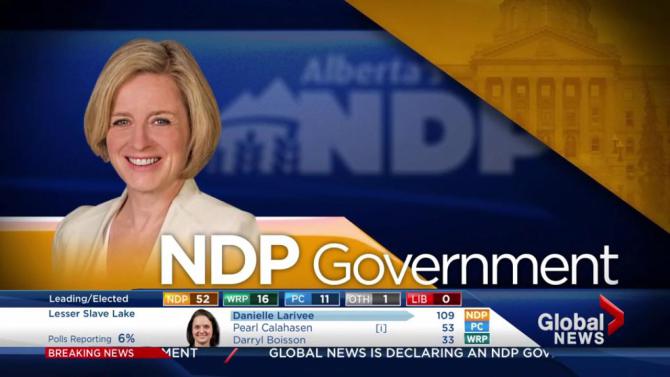Podcast: Play in new window | Download
Subscribe: Apple Podcasts | Android | Email | Google Podcasts | RSS | More
The resource price bust is already a few years old but it’s still hitting parts of Canada hard. Two guests talk about the impact of the downturn on fiscal policy in the Canadian prairies and what this augers for the bigger question of a transformation of the economy away from fossil fuels. First I speak with Charles Smith, associate professor of political science at the University of Saskatchewan. He is the co-author, with Andrew Stevens, of a great analysis of the Saskatchewan budget, titled “Building the “Saskatchewan Advantage” : Saskatchewan’s 2017 Austerity Budget” over at the Socialist Project Bullet. Next, I speak with Ian Hussey, research manager at the Parkland Institute, a social democratic thinktank in Alberta. He contrasts the Alberta NDP’s more stimulative approach to public finance; however, there remain many questions about the scale of the shift and the need for real climate action.
As always, remember to subscribe to get new episodes as they appear, rate the show on iTunes and donate to help keep this going. Thanks!



